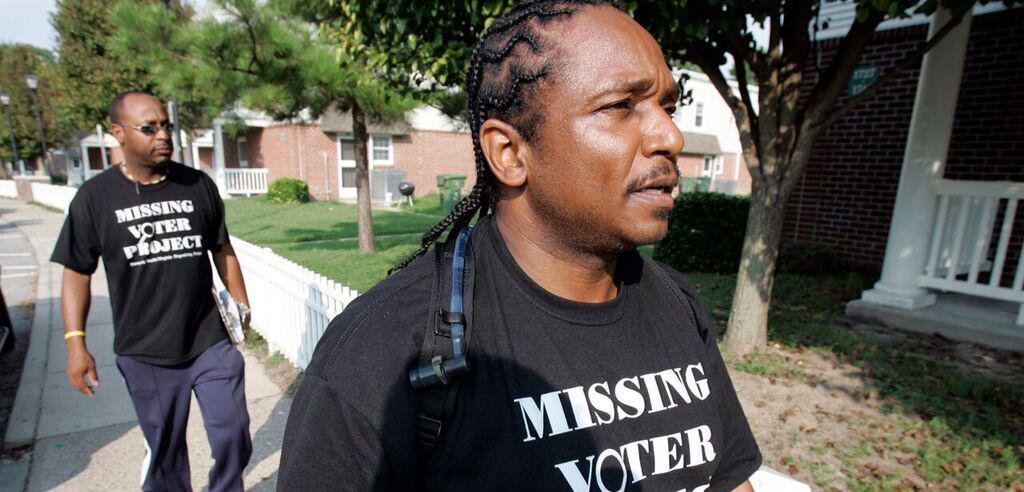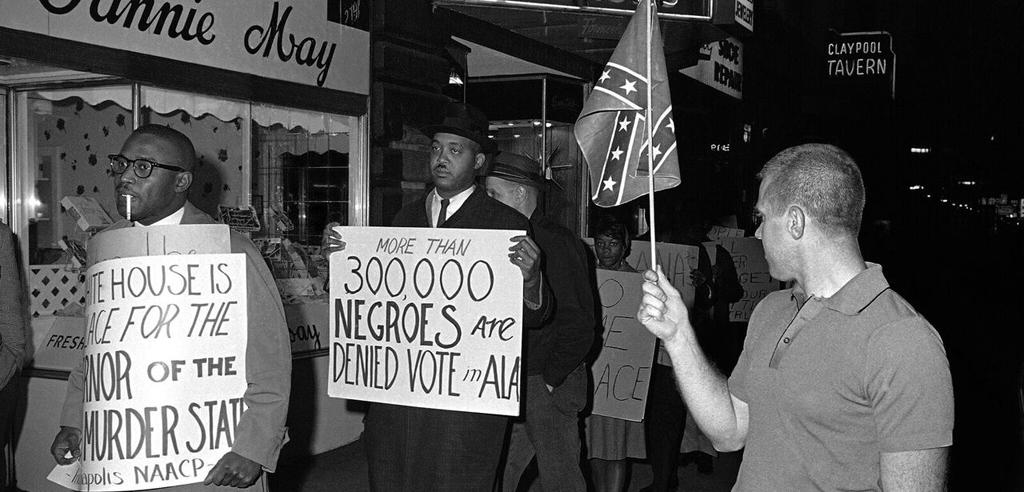According to voting rights advocates, millions of prospective voters throughout America may be denied access to the polls this fall because their names have been erased from registration lists. In a practice known as “voter purging,” many states “clean up” registration lists by deleting names from voter rolls in an often-flawed and racially discriminatory manner. In the New York Times last week, Myrna Pèrez of the Brennan Center for Justice described growing state efforts to purge voting rolls as “insidious” and “too often based on bad information.”
Much of the recent rise in voter purging, Pèrez explains, can be linked to the Supreme Court’s 2013 decision in Shelby County v. Holder, which gutted the Voting Rights Act of 1965 by striking down the requirement that states with histories of voter discrimination obtain “pre-clearance” from the federal government before changing their voting laws. Since the removal of federal oversight, the Brennan Center has concluded that Florida, New York, North Carolina, and Virginia have engaged in illegal purges, while Alabama, Arizona, Indiana, and Maine have written policies that violate federal laws designed to protect against purging.
Alabama, Pèrez explained, explicitly disregards the federal requirement of providing voters with a two-election waiting period before removal; instead, the state conducts immediate purges using a questionable database called Crosscheck. Virginia state officials used Crosscheck to purge 39,000 voters, just months after the Shelby County decision. Later review determined that the system’s error rate approached 20 percent in some Virginia counties — depriving nearly one in five valid voters access to the ballot in those jurisdictions.
Though voter purging may currently be on the rise, the history of voter suppression in America has deep roots. This month, EJI released Segregation in America, a report and companion website documenting the organized opposition to racial equality that was widespread throughout the country during the civil rights era. When activists secured federal laws to combat outright racial discrimination, more covert practices emerged to weaken growing Black electoral power. Just three years after passage of the Voting Rights Act, Black voter registration in the South had increased by 1.3 million. Segregationists desperate to suppress that political threat re-branded themselves “conservatives” and spread manufactured “voter fraud” fears to justify restrictive electoral policies for decades.
In the 1970s and 1980s, proponents defended voter purging as a way to identify and prevent fraud, but a 1981 internal memo by the Republican National Committee in Louisiana revealed other motives. “I know this race is really important to you,” the memo read. “I will guess that this program [of voter purging] will eliminate at least 60,000-80,000 folks from the rolls . . . If it’s a close race, which I’m assuming it is, this could keep the Black vote down considerably.”
Voter suppression has survived civil rights advancements and courageous activism because powerful narratives of racial difference and white supremacy have never been confronted and rejected. As a result, our nation continues to tolerate a democracy that excludes millions. Through voter purging and other tactics, many states have intensified barriers to voting since the United States Supreme Court’s decision in Shelby County declared voter protection no longer necessary.
Segregation in America exposes the organized white resistance that opposed civil rights activism with violence, intimidation, and institutional power, and explores the ways that surviving opposition continues to shape our world. As long as America fails to face its history and embrace a true commitment to justice, inequality will persist – in American voting laws and policies, and beyond.

